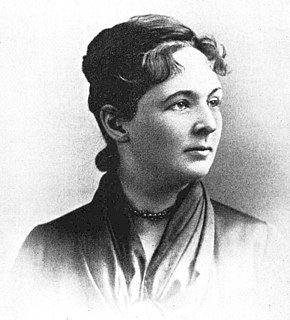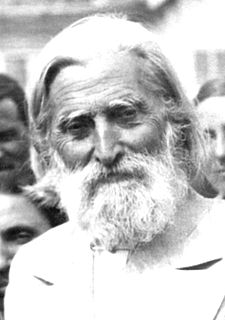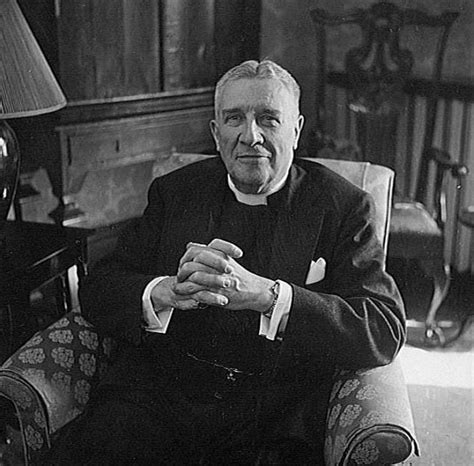A Quote by Margaret Deland
... when personal happiness conflicts with any great human ideal, the right to claim such happiness is as nothing compared to the privilege of resigning it.
Related Quotes
[The church] is in its major part an opponent still of progress and improvement in all the ways that diminish suffering in the world, because it has chosen to label as morality a certain narrow set of rules of conduct which have nothing to do with human happiness; and when you say that this or that ought to be done because it would make for human happiness, they think that has nothing to do with the matter at all. "What has human happiness to do with morals? The object of morals is not to make people happy.
I cannot tell if what the world considers ‘happiness’ is happiness or not. All I know is that when I consider the way they go about attaining it, I see them carried away headlong, grim and obsessed, in the general onrush of the human herd, unable to stop themselves or to change their direction. All the while they claim to be just on the point of attaining happiness.
The belief that happiness has to be deserved has led to centuries of pain, guilt, and deception. So firmly have we clung to this single, illusory belief that we've almost forgotten the real truth about happiness. So busy are we trying to deserve happiness that we no longer have much time for ideas such as: Happiness is natural, happiness is a birthright, happiness is free, happiness is a choice, happiness is within, and happiness is being. The moment you believe that happiness has to be deserved, you must toil forevermore.
I had always been taught that the pursuit of happiness was my natural (even national) birthright. It is the emotional trademark of my culture to seek happiness. Not just any kind of happiness, either, but profound happiness, even soaring happiness. And what could possibly bring a person more soaring happiness than romantic love.
The rationale for loving others is the recognition of the simple fact that every living being has the same right to and the same desire for happiness, and not suffering, and the consideration that you as one individual are one life unit as compared with the mulititude of others in their ceaseless quest for happiness.
The artist's life cannot be otherwise than full of conflicts, for two forces are at war within him [or her]-on the one hand, the common human longing for happiness, satisfaction and security in life, and on the other a ruthless passion for creation which may go so far as to override every personal desire ... There are hardly any exceptions to the rule that a person must pay dearly for the divine gift of creative fire.
I've known great happiness in my life along with great darkness, and a question that has repeatedly entered my poetry has been, how do we use the direct experience of happiness that may be given us, whether of love and sexuality or creativity or the sense of connectedness with other beings, human and otherwise?






































